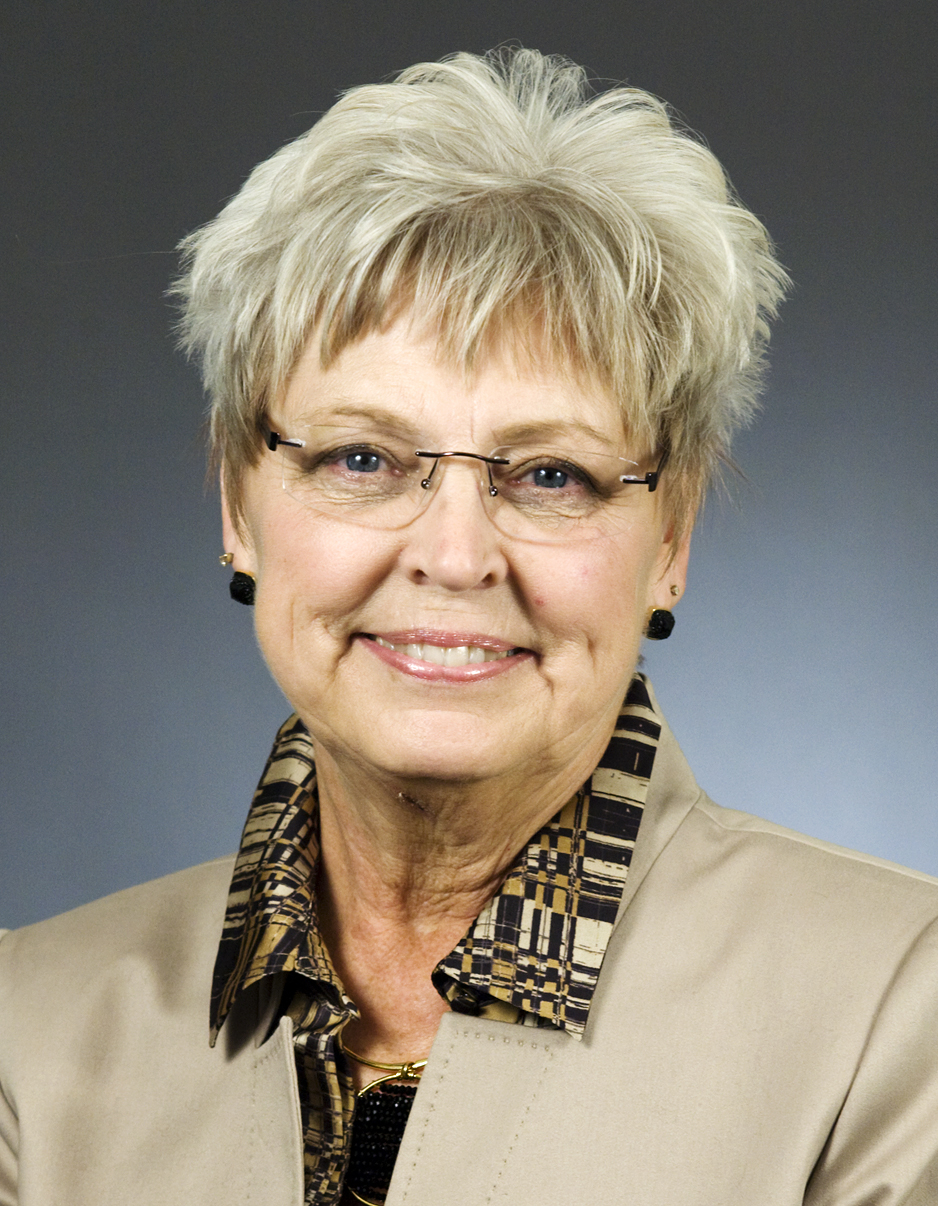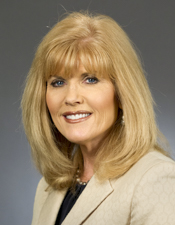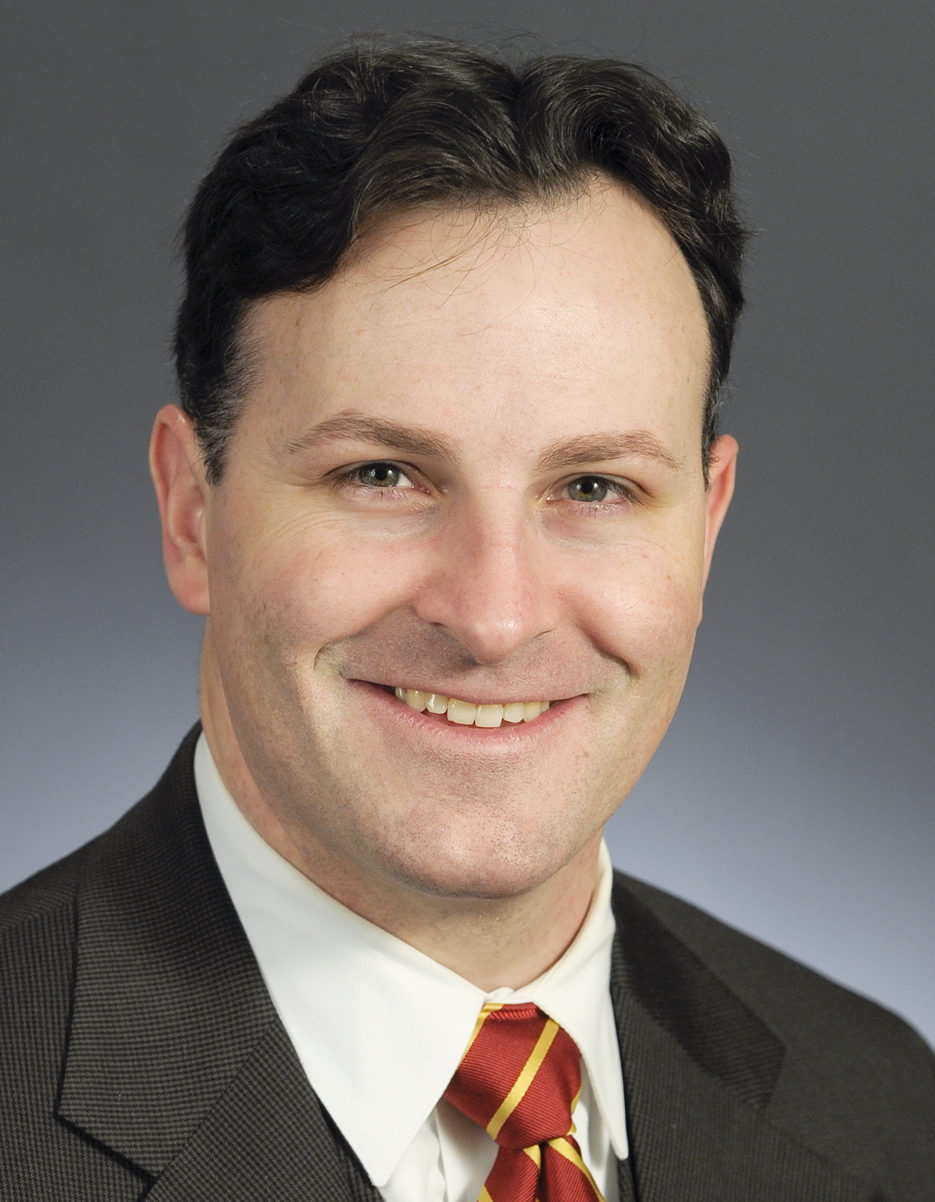Viewed as intrusive, legislators say survey needs parental ‘opt-in'
A survey administered to ninth and 11th graders in a majority of the state’s public schools asks an array of personal questions, regarding religious activity, sexual experience, drug use and whether their parents use “swear words” in the home.
Surveys that ask students for such personal information should be vetted by parents first before they are administered. That’s the contention of HF99.
Sponsored by Rep. Peggy Scott (R-Andover), it would require a school district to obtain written consent from a parent or guardian of a minor or dependent child before administering a student survey or similar instrument that solicits information about the student or the student's family.
The bill is bipartisan in its supports and has been referred to the House Education Innovation Policy Committee. Rep. Sondra Erickson (R-Princeton), the committee chair, said she supports it and plans to give it a hearing this session.
“Some of these are such intrusive questions,” Erickson said. “And right now, parents might be given a written notice ahead of time, but they aren’t given a real opportunity to find out why the survey is being administered or what the questions are when they are coming home in their children’s backpacks.”
Majority of school districts participate in survey
The Minnesota Student Survey is administered to public school students in grades five, eight, nine and 11, alternative learning centers and juvenile correctional facilities every three years. Its purpose has been to provide data for program planning and evaluation; address relevant issues confronting students; mark trends over time; and involve schools/other educational settings statewide and provide data for local use. Such surveys are required by federal Department of Education regulations.
In 2013, 284 of 334 public school districts in Minnesota agreed to administer the survey.
Currently, state and federal laws require parents to be given prior written notice before schools administer surveys are of a personal nature. Parents are then allowed to opt out of having their children take such surveys.
HF99 would require parents to opt- in via written consent on any survey that asks students about their political affiliations or beliefs; mental or psychological problems; sexual behavior or attitudes; illegal, antisocial, self-incriminating or demeaning behavior; and religious practices, affiliations or beliefs. Questions related to sexual behavior and drug activity only appear on the surveys administered to high school students, according the Department of Health.
Scott said the current prior written notice requirement is too lax considering the sensitive nature of the survey’s inquiries and the corresponding data that is then collated in a joint endeavor by the state departments of health, education, human services and public safety.
“I absolutely think this is delving way too much into a family’s privacy,” said Scott, who chairs the House Civil Law and Data Practices Committee. “I don’t just want some note to come home in my kids’ backpack that says ‘Johnny is going to be taking a survey tomorrow. If you are uncomfortable with that, please let us know.’
“I want to it to say, ‘Here are some sample questions, or here is the online version of the survey. And please let us know if your son or daughter will be participating in this survey.’”
Scott said she was inspired to introduce the bill after participating on the Legislative Commission on Data Practices last summer that reviewed a number of data privacy issues, including the Minnesota Student Survey.
Bipartisan support a first for bill
Based on what the legislative commission learned about the survey and how data was collated and secured, Scott believes schools have a responsibility to raise the level of visibility to parents about the survey, its contents and ask for permission to administer to students.
Rep. John Lesch (DFL-St. Paul) is a co-sponsor, which represents the first time the proposed legislation – which was carried in the past by former Republican House member Mary Liz Holberg – has official bipartisan support.
[MORE: Watch conversation with former Rep. Mary Liz Holberg (R-Lakeville) about her efforts in 2013 to give parents and guardians more control over what surveys their children or dependents take in school.]
A prosecutor by trade, Lesch said he signed onto the proposed legislation because of his concern about the invasive nature of many of the questions.
“It seems like we are running into this issue more frequently as of late with government,” Lesch said. “And the reason they always give is ‘public health. If we just have more information about you, we can find ways to help you that you don’t even know yet.’
“Maybe that’s true, but at the same time there are some pieces of personal information that should remain sacred.”
Scott anticipates that state departments who sponsor the survey will have representatives testify in defense of the surveys, but she believes it is important for other legislators and members of the public to learn in detail how the survey data is secured and used.
“I am not so certain that it is as secure as it should be. I think other legislators need to know this is going on and parents need to be made more aware than they are currently.”
Related Articles
Search Session Daily
Advanced Search OptionsPriority Dailies
Ways and Means Committee OKs proposed $512 million supplemental budget on party-line vote
By Mike Cook Meeting more needs or fiscal irresponsibility is one way to sum up the differences among the two parties on a supplemental spending package a year after a $72 billion state budg...
Meeting more needs or fiscal irresponsibility is one way to sum up the differences among the two parties on a supplemental spending package a year after a $72 billion state budg...
Minnesota’s projected budget surplus balloons to $3.7 billion, but fiscal pressure still looms
By Rob Hubbard Just as Minnesota has experienced a warmer winter than usual, so has the state’s budget outlook warmed over the past few months.
On Thursday, Minnesota Management and Budget...
Just as Minnesota has experienced a warmer winter than usual, so has the state’s budget outlook warmed over the past few months.
On Thursday, Minnesota Management and Budget...


